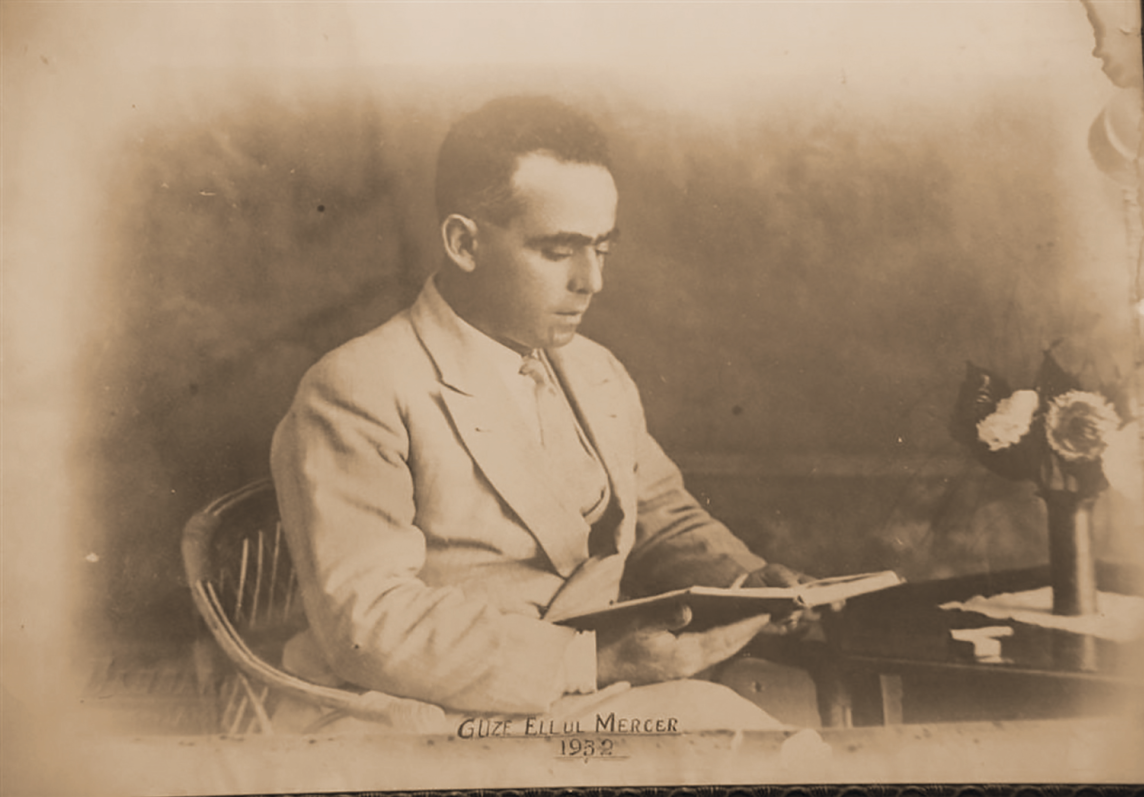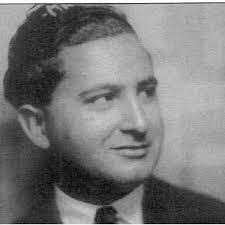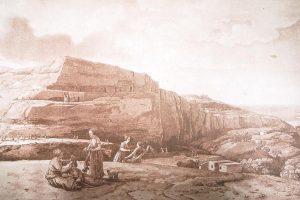When political activists wash their hands of party politics because of corruption, cronyism and tribalism it should be cause for concern. Some of these activists believe that the best way to serve the common good and their community is to become active in civil society organizations.
In the 26 March 2022 General Elections 8,802 people invalidated their vote. 60,000 citizens, 15% of our eligible voters, did not vote last March. Should we be complacent about this, arguing that after all it is much worse in other democracies? It is worrying that our two main political parties are not interested in finding out why more people are becoming disenchanted with them. They have ignored Pope Francis’ message when he addressed the civil authorities at the Presidential Palace in Valletta last April. He said: “Honesty, justice, a sense of duty and transparency are the essential pillars of a mature civil society. May your commitment to eliminate illegality and corruption be strong, like the north wind that sweeps the coasts of this country.”
“May you always cultivate legality and transparency which will enable the eradication of corruption and criminality, neither of which acts openly and in broad daylight.” Condemning economic growth which is in fact “false prosperity” dictated by profit and consumerism he said that Malta “must therefore be kept safe from rapacious greed, from avarice and from construction speculation. Instead, protecting the environment and the promotion of social justice are optimal ways to instil in young people a passion for healthy politics and to shield them from the temptation of indifference and lack of commitment.”
The Pope’s message reminded me of short article that I discovered over 40 years ago written by Maltese author Guzè Ellul Mercer. The article is called: ‘Why I am in the Workers’ Party’, and was written in May, 1929. It is very simple and straightforward but very deep and inspiring.
In it Ellul Mercer lays out his vision for the Labour Party, born eight years earlier. His vision is still very relevant. He envisaged a non-sectarian party: very inclusive and made up of a coalition of workers, people in the professions and businesspersons. The values to bring this wide movement together were freedom, justice, dignity, work and education for all. He believed that everyone should have the right to a decent life, irrespective of the social class in which they were born.
Guzè Ellul Mercer was born 125 years ago. He became involved in politics when he was 22, before the establishment of the Labour Party, declaring that politics “is a dirty game, but necessary”.
Ellul Mercer says that when he joined the Labour Party, he had no illusions that the Labour Party was going to make humans perfect and living in harmony. He says he did not join the Labour Party because of its leader or because he hated the Nationalist Party or because he despised lawyers and people of other professions: he joined the Labour Party because he believed in its values of equality, freedom and education and employment for everyone.
In his 1929 article he explained why he formed part of the Labour Party, because “the party is not built on the foundations of its leader’s abilities but on a higher ideal – the belief that he who is born human should live as a human being, work as a human being and eat as a human being, irrespective of whether he is born to a rich or poor family”.
Ellul Mercer wrote that party leaders and members come and go, but the party and the principles on which it was founded, stand forever if they are good. He added that this was a party for all, a party for the future and above all a party that stands for the elimination of poverty, and for job creation and the promotion of education.
Ellul Mercer stresses that above all, he joined the Labour Party because he saw it as the only party that can guarantee that the people get what they ultimately deserve – a dignified life and an abundance of education. At the time, 93 years ago, Guzè Ellul Mercer wrote that poverty in education was greater than material poverty.
After the Second World War, Ellul Mercer was involved in the drafting by the National Assembly of the new 1947 Maltese self-government constitution. The main achievements of this Assembly were the return to self-government on 5 September, 1947 and universal suffrage for those aged 21 and over. Before that only literate males with property, a profession and money, had a vote – a tiny minority.
On New Year’s Eve 1956, as deputy prime minister, Ellul Mercer broadcast the traditional message of greetings to the Maltese people. He stated that the Maltese can look both to their future and their past with satisfaction, and that the country had managed to close the first, and most difficult phase, of the post-war reorganisation of its social and economic life. This would ensure the security, education and better living conditions for the whole Maltese islands.
For the first time in Maltese history, children were to be provided with full-time education, which became free. Technical education was introduced, with unskilled adults receiving training. Ellul Mercer said that the country’s industrial progress would be ensured, with an improved Grand Harbour, a secured adequate water supply and afforestation plans.
As Minister for Public Works and Reconstruction between March 1955 and April 1958, Ellul Mercer he was instrumental for the extension and construction of 18 schools. By March 1957, 18 schools were built, with extensions constructed in many others. Eleven new schools were planned for in 1957, with the extension of the Zebbug school, and a new girls’s secondary school in Blata l-Bajda.
Ellul Mercer saw that his vision laid out in 1929 had been turned into a practical programme improving the lives of many people. Guzè Ellul Mercer died in 1961, during the political-religious conflict between the Labour Party and the Maltese church, when to be a Labour politician, to vote Labour, to read Labour newspapers was a mortal sin and you deserved eternal damnation.
As a member of the Labour Party executive, Ellul Mercer was interdicted by the church, so was not allowed to be buried in the sacred grounds of the Addolorata Cemetery. He was buried in the area known as “the Rubbish Dump” ‘Il-Mizbla’. A life dedicated to serving others, mainly the most vulnerable members of our society, is his legacy and should still be an inspiration to all of us who still believe in politics as a public service.
The Malta Independent, 13 December 2022




